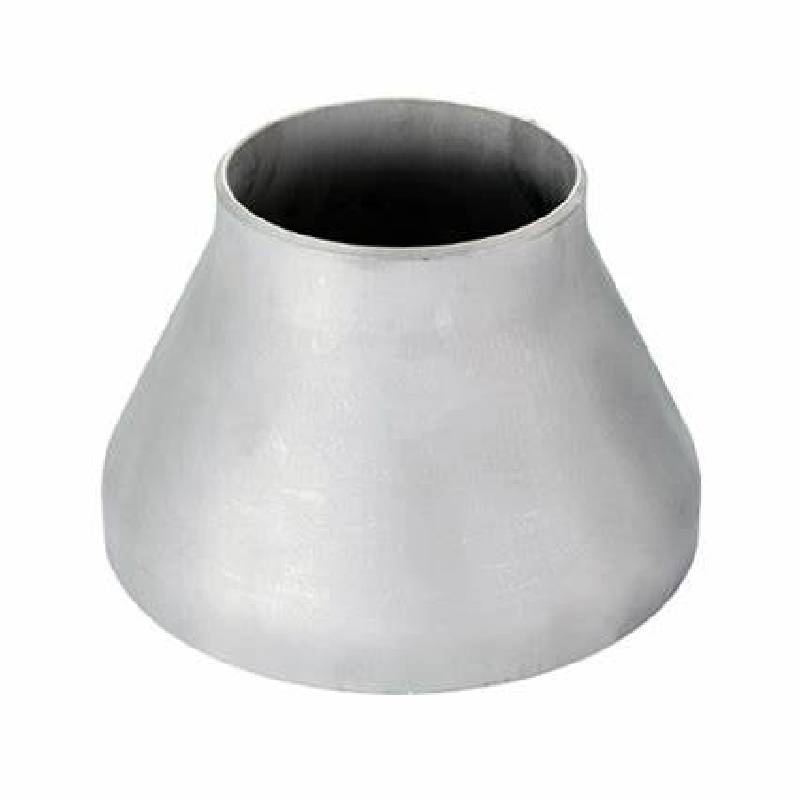-
Cangzhou Yulong Steel Co., Ltd.
-
Phone:
+86 13303177267 -
Email:
admin@ylsteelfittings.com
- English
- Arabic
- Italian
- Spanish
- Portuguese
- German
- kazakh
- Persian
- Greek
- French
- Russian
- Polish
- Thai
- Indonesian
- Vietnamese
- Zulu
- Korean
- Uzbek
- Hindi
- Serbian
- Malay
- Ukrainian
- Gujarati
- Haitian Creole
- hausa
- hawaiian
- Hebrew
- Miao
- Hungarian
- Icelandic
- igbo
- irish
- Japanese
- Javanese
- Kannada
- Khmer
- Rwandese
- Afrikaans
- Albanian
- Amharic
- Armenian
- Azerbaijani
- Basque
- Belarusian
- Bengali
- Bosnian
- Bulgarian
- Catalan
- Cebuano
- China
- China (Taiwan)
- Corsican
- Croatian
- Czech
- Danish
- Esperanto
- Estonian
- Finnish
- Frisian
- Galician
- Georgian
- Kurdish
- Kyrgyz
- Lao
- Latin
- Latvian
- Lithuanian
- Luxembourgish
- Macedonian
- Malgashi
- Malayalam
- Maltese
- Maori
- Marathi
- Mongolian
- Myanmar
- Nepali
- Norwegian
- Norwegian
- Occitan
- Pashto
- Dutch
- Punjabi
- Romanian
- Samoan
- Scottish Gaelic
- Sesotho
- Shona
- Sindhi
- Sinhala
- Slovak
- Slovenian
- Somali
- Sundanese
- Swahili
- Swedish
- Tagalog
- Tajik
- Tamil
- Tatar
- Telugu
- Turkish
- Turkmen
- Urdu
- Uighur
- Welsh
- Bantu
- Yiddish
- Yoruba

Nov . 05, 2024 18:48 Back to list
en 1092 1 type b
Understanding EN 1092-1 Type B Flanges A Comprehensive Overview
EN 1092-1 is a European standard that specifies the requirements for flanges used in pipework systems. These flanges are essential components that enable different pipe sections to connect and provide a reliable seal under various working conditions. Among the various types of flanges defined within this standard, Type B flanges are particularly significant due to their widespread application in industrial settings.
Overview of EN 1092-1
EN 1092-1 outlines the dimensions, materials, and mechanical properties of flanges, ensuring compatibility across different manufacturers and applications. Flanges manufactured under this standard are primarily used in water, gas, and other fluids transport systems, making them critical for the infrastructure of industries such as oil and gas, chemical processing, and water treatment.
Features of Type B Flanges
Type B flanges are characterized by their specific design and dimensions, which allow for efficient connection and disconnection of piping systems. Unlike other types, Type B flanges have a flat face with a raised ring to facilitate sealing between the flange and the corresponding pipe, creating a robust joint that can withstand high pressures and temperatures.
One of the advantages of Type B flanges is their compatibility with various gasket materials, which can help achieve an ideal seal for different media, including corrosive substances. This versatility makes them suitable for a wide range of applications, from municipal water systems to specialized chemical pipelines.
Material Specifications
Flanges in the EN 1092-1 standard, including Type B, can be manufactured from various materials, including carbon steel, stainless steel, and alloys. The choice of material often depends on the specific requirements of the application, such as resistance to corrosion, temperature, and pressure. For instance, stainless steel flanges are popular in environments where corrosion resistance is paramount, while carbon steel flanges are commonly used in less demanding conditions.
en 1092 1 type b

The standard also specifies the mechanical properties required for these materials, ensuring that the flanges can withstand operational stresses. These properties include yield strength, tensile strength, and elongation, which are crucial for predicting the flange's long-term performance in service.
Standards and Regulations
Adhering to EN 1092-1 is essential not only for ensuring compatibility and performance but also for compliance with regulatory requirements in various sectors. Many industries are governed by strict safety and quality standards, and using flanges that meet these requirements is fundamental to maintaining safety and functionality.
Furthermore, the standard undergoes periodic reviews and updates, reflecting advancements in technology and industry practices. Manufacturers must stay abreast of these changes to ensure their products meet the latest specifications and safety standards.
Installation and Maintenance
Proper installation and maintenance of Type B flanges are critical for maintaining their integrity and functionality. When installing flanges, it is vital to follow manufacturer guidelines and best practices, including using the appropriate torque settings for bolts and ensuring that the flanges are clean and free from defects.
Regular inspections can identify potential issues, such as wear, corrosion, or improper sealing, before they lead to catastrophic failures. Routine maintenance may involve tightening bolts, replacing gaskets, and monitoring for leaks, ensuring that the piping system operates efficiently and safely.
Conclusion
EN 1092-1 Type B flanges play a crucial role in the successful operation of various engineering applications, providing reliable connections that can endure significant operational demands. By understanding their features, material specifications, and the importance of adhering to standards, professionals in the industry can make informed decisions that enhance safety, efficiency, and longevity in their piping systems. Whether in oil and gas, water treatment, or chemical processing, the significance of these flanges cannot be overstated, underscoring their value in modern engineering practices.
Latest news
-
ANSI 150P SS304 SO FLANGE
NewsFeb.14,2025
-
ASTM A333GR6 STEEL PIPE
NewsJan.20,2025
-
ANSI B16.5 WELDING NECK FLANGE
NewsJan.15,2026
-
ANSI B16.5 SLIP-ON FLANGE
NewsApr.19,2024
-
SABS 1123 FLANGE
NewsJan.15,2025
-
DIN86044 PLATE FLANGE
NewsApr.19,2024
-
DIN2527 BLIND FLANGE
NewsApr.12,2024
-
JIS B2311 Butt-Welding Fittings LR/SR 45°/90° /180°Seamless/Weld
NewsApr.23,2024











